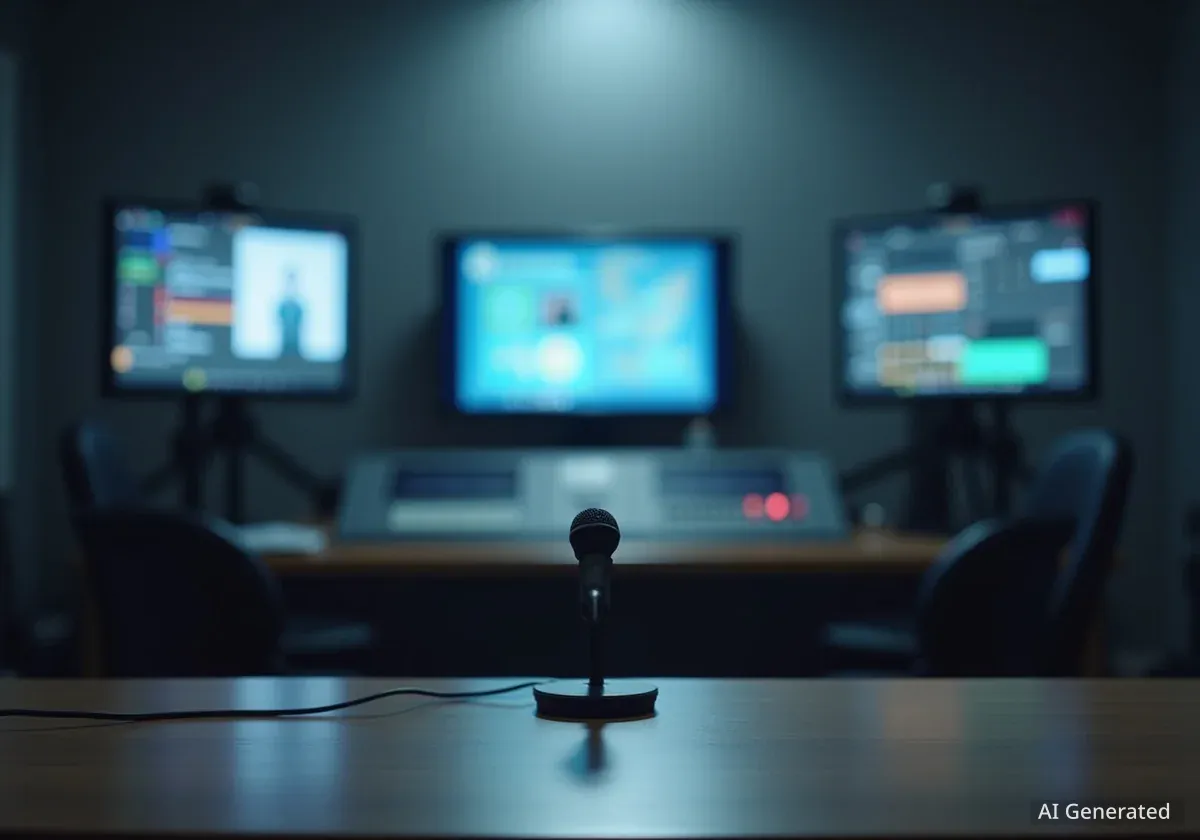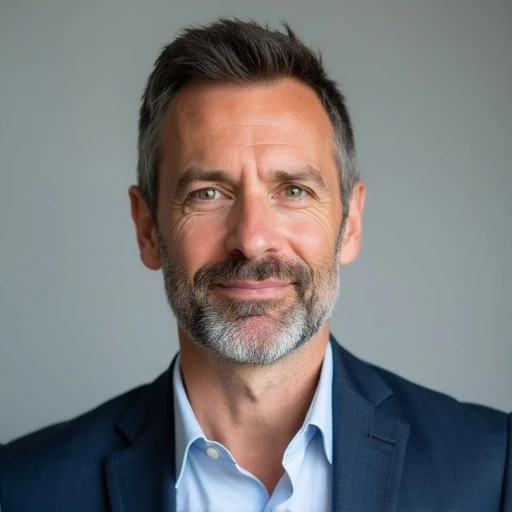Representative Ashley Hinson has formally requested that the U.S. Department of Education investigate an Iowa high school following a student-produced broadcast that discussed topics related to sexual identity. The request centers on segments aired at Linn-Mar High School in Marion, Iowa, which were part of a student-led initiative for “bisexual-plus awareness week.”
In a letter addressed to Education Secretary Miguel Cardona, the Iowa Republican expressed concerns that the content was presented to students without parental consent. The controversy highlights an ongoing national debate over the role of public schools in discussing sensitive topics and the extent of parental rights in education.
Key Takeaways
- Rep. Ashley Hinson (R-Iowa) has asked the Department of Education to investigate Linn-Mar High School.
- The investigation request follows a student broadcast about “non-monosexual identity” during “bisexual-plus awareness week.”
- Hinson argues the content was presented without parental knowledge or consent, calling it “indoctrination.”
- The school district has previously faced legal challenges over policies related to student gender identity and parental notification.
Details of the Student Broadcast
The broadcasts at Linn-Mar High School featured student reporters who dedicated segments each day for a week to topics surrounding bisexuality. One episode focused on defining “non-monosexual identity,” a term the students explained covers a variety of orientations.
“This term encompasses a range of identities, including bisexual, pansexual, fluid, queer, and omnisexual,” a student reporter stated during the broadcast. The segment added that these identities “emphasize that attraction can be complex and not limited to traditional binaries.”
The content was produced by Linn-Mar Spectrum, the school’s student-led Gay-Straight Alliance, which has been active for over 17 years. According to a statement in the final segment, the series aimed to “address issues such as biphobia and discrimination” and encourage supportive discussions among students and staff.
Broadcast Content
The student-produced segments reportedly included recommendations for students and staff on how to be an “ally” to bisexual individuals. Suggestions included displaying the bisexual pride flag, advocating for related legislation, and using inclusive language like “bisexual-plus.”
Hinson's Call for Federal Investigation
In her official letter to the Department of Education, Representative Hinson described the broadcast as an overstep of the school's role. She asserted that discussions about sexual identity are the responsibility of parents, not public school administrators.
“These segments were broadcast to students without parental knowledge or consent,” Hinson wrote. “As a parent and a legislator, I am appalled that a school would assume the role of teaching and promoting sexual identity to our children. Our schools should be educating students, not indoctrinating them.”
Hinson's letter frames the issue as a matter of parental rights, a recurring theme in educational policy debates. She argued that families should be the primary decision-makers on how and when such topics are introduced to their children.
“Families—not school administrators—should decide how and when to address these issues,” she continued in the letter. “These conversations should be between parents and their children—not force-fed to students as part of daily morning announcements in our public-school systems.”
Previous Legal Challenges for the District
The Linn-Mar Community School District is not new to controversy regarding parental rights. In 2022, the district implemented a policy that allowed students in seventh grade and above to create a “social transition” plan to identify as a different gender at school without requiring parental notification.
This policy prompted a lawsuit from the organization Parents Defending Education. In 2023, the 8th U.S. Circuit Court of Appeals issued a ruling that found the district's parental exclusion policies to be unlawful, marking a significant legal precedent in the region.
The Broader Context of Parental Rights in Education
The situation at Linn-Mar High School reflects a larger national conversation about the content of school curricula and the level of parental involvement in educational matters. Debates have intensified in recent years over library books, health education, and policies regarding gender identity in schools across the country.
Hinson emphasized her view that schools should not present material that may go against a family's personal values or beliefs without their explicit permission.
“Exposing children to ideology that may conflict with a family’s values or faith, or that parents are not ready to address with their children, is wholly unacceptable,” Hinson stated.
She further argued for a system where parents are given the opportunity to review and opt out of such content. The congresswoman's letter concludes with a firm stance on the necessity of parental consent for any school-led discussions on sexuality.
“Let me be clear: There is no circumstance where it is acceptable for administrators, teachers, or any school employee to discuss sexuality with a student without explicit parental consent,” she wrote.
The Department of Education has not yet publicly responded to the investigation request. The Linn-Mar Community School District has also not issued a public statement on the matter.





